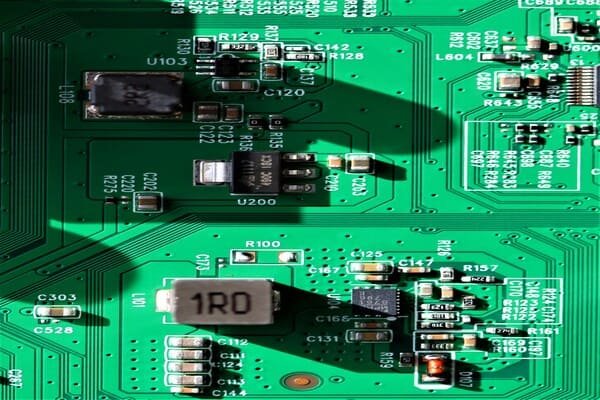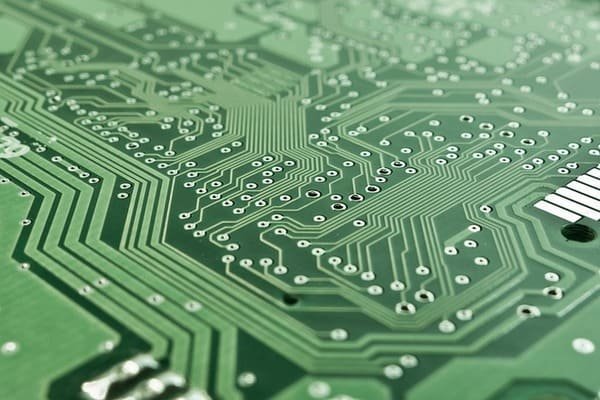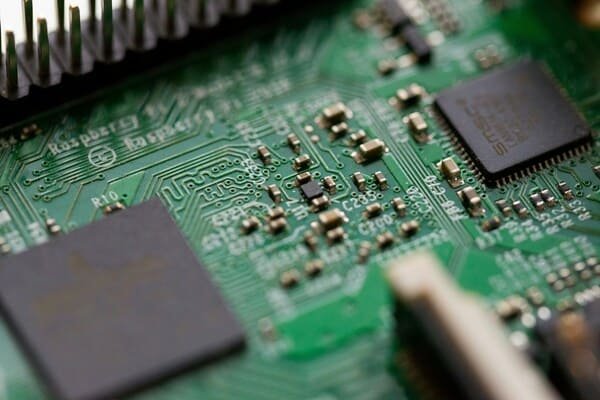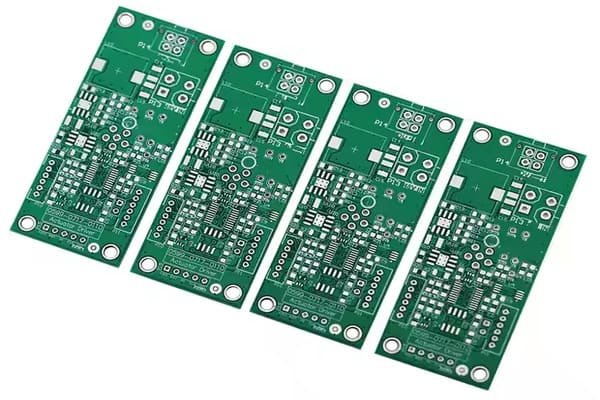How do you choose the right PCB manufacturer?

Selecting the right PCB manufacturer can be daunting. Many businesses struggle with finding a partner that meets their quality, cost, and timeline requirements. This uncertainty can lead to delays, increased costs, and compromised product quality. However, understanding the key factors in choosing a PCB manufacturer can simplify the process and ensure successful collaboration.
Choosing the right PCB manufacturer involves evaluating factors from design to production, avoiding common manufacturing mistakes, and ensuring quality control and certification standards are met.
Making an informed decision in selecting a PCB manufacturer is crucial for the success of your electronic products.
[Table of contents]
- What factors should you consider from design to production when choosing a PCB manufacturer?
- How can you avoid common mistakes in PCB manufacturing?
- What are the essential PCB quality control and certification standards?
- Conclusion
What factors should you consider from design to production when choosing a PCB manufacturer?
Choosing the right PCB manufacturer requires careful consideration of various factors that span from the initial design phase to the final production stage.
Key factors include the manufacturer’s technical expertise, production capabilities, lead times, cost-effectiveness, and ability to customize according to your design specifications.
These elements ensure that your PCB is produced efficiently and meets all necessary requirements.

Technical Expertise
A manufacturer with strong technical knowledge can provide valuable insights and support during the design phase, ensuring that your PCB design is optimized for performance and manufacturability.
Production Capabilities
Assessing the manufacturer’s production capabilities, such as the range of PCB types they can produce and their capacity to handle large orders, is essential for meeting your project’s demands.
| Factor | Importance | What to Look For |
|---|---|---|
| Technical Expertise | Ensures high-quality design and manufacturing support | Experienced engineers, design tools |
| Production Capabilities | Meets volume and variety requirements | Range of PCB types, scalable production |
| Lead Times | Aligns with project timelines | Reliable delivery schedules |
| Cost-Effectiveness | Maintains budget without compromising quality | Competitive pricing, transparent quotes |
| Customization Ability | Adapts to specific design needs | Flexible manufacturing processes |
Lead Times and Cost-Effectiveness
Evaluating lead times and cost-effectiveness helps in planning your project timeline and budget effectively, ensuring that your PCB manufacturing aligns with your business goals.
How can you avoid common mistakes in PCB manufacturing?
Avoiding common mistakes in PCB manufacturing is crucial to ensure the final product meets quality standards and functions as intended.
Common mistakes include inadequate design reviews, poor communication with the manufacturer, insufficient testing, and neglecting quality control measures.
By being aware of these pitfalls, you can take proactive steps to prevent them.

Inadequate Design Reviews
Failing to thoroughly review and test your PCB design before manufacturing can lead to errors and functional issues in the final product.
Poor Communication
Lack of clear communication with your manufacturer can result in misunderstandings, delays, and subpar PCB quality.
| Common Mistake | Impact | How to Avoid |
|---|---|---|
| Inadequate Design Reviews | Leads to functional defects and increased costs | Conduct thorough design reviews and simulations |
| Poor Communication | Causes misunderstandings and delays | Maintain clear, consistent communication channels |
| Insufficient Testing | Results in undetected defects and product failures | Implement comprehensive testing protocols |
| Neglecting Quality Control | Compromises product reliability and customer satisfaction | Enforce strict quality control measures |
Insufficient Testing
Implementing robust testing procedures ensures that any defects are identified and rectified before the PCBs reach the final stage, maintaining high quality and reliability.
What are the essential PCB quality control and certification standards?
Ensuring PCB quality control and adhering to certification standards is vital for delivering reliable and compliant products to the market.
Essential standards include ISO certifications, IPC standards, and specific industry-related certifications that validate the quality and reliability of the PCBs.
These standards help maintain consistency, safety, and performance across all manufactured PCBs.

ISO Certifications
ISO certifications, such as ISO 9001, demonstrate a manufacturer’s commitment to quality management systems and continuous improvement.
IPC Standards
IPC standards provide guidelines for PCB design, manufacturing, and assembly, ensuring that PCBs meet industry-recognized quality benchmarks.
| Certification Standard | Purpose | Importance |
|---|---|---|
| ISO 9001 | Quality management systems | Ensures consistent quality and processes |
| IPC-A-600 | Acceptability of Printed Boards | Defines criteria for PCB acceptability |
| UL Certification | Safety standards for electronic components | Ensures product safety and compliance |
| RoHS Compliance | Restriction of Hazardous Substances | Meets environmental and safety regulations |
| CE Marking | Conformity with health, safety, and environmental protection | Required for products in the European market |
Industry-Specific Certifications
Certain industries may require additional certifications to meet specific regulatory and performance standards, ensuring that PCBs are suitable for specialized applications.
Conclusion
Choosing the right PCB manufacturer is a critical decision that impacts the quality, cost, and success of your electronic products. By considering factors from design to production, avoiding common manufacturing mistakes, and ensuring adherence to quality control and certification standards, you can partner with a manufacturer that meets your needs and supports your business goals. As a PCB manufacturer dedicated to quality and customization, we strive to provide our global customers with reliable and high-performance PCBs that drive innovation across various industries.



